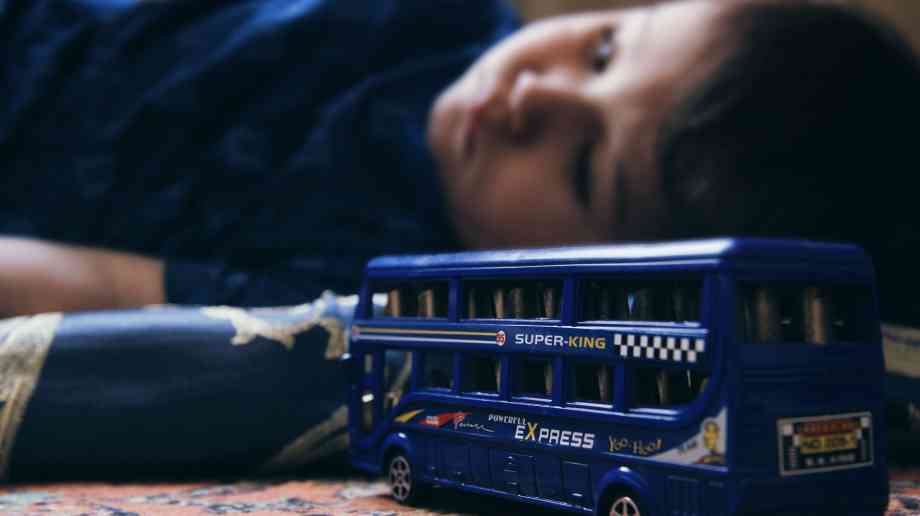Sue Robb of 4Children talks to Julie Laughton and Alison Britton from the Department for Education about the role of childminders in delivering the 30 hours free entitlement.
Unstable care system problematic for ‘pinball kids’

The Children's Commissioner for England has warned that thousands of children are still ‘pinging’ around the care system, changing homes, schools or social worker over the course of a year.
In her second Stability Index, Anne Longfield reported that nearly 2,400 children changed home, school and social worker over the last twelve months, with data from the last two years revealing that over 3,000 children had to move home four or more times. Over three years, around 2,500 children moved home five or more times.
Created to encourage councils to hold themselves to account for children moving around the system, the annual Stability Index highlight how disruptive changing school can be. Last year, approximately 4,300 children in care moved school in the middle of the year, with their new school 24 miles away on average. Meanwhile, roughly 400 children who moved school ended up missing a whole term as a result.
It also emphasised how children at poor-performing schools are more likely to experience a school move, and less likely to move to a better school.
Longfield said: “It is very concerning that the number of children having to move around the system has hardly changed over the last year. Over one in five children in care are not in the good or outstanding schools they should be, and I am worried that the system has given up on the hundreds of children bouncing around from one poor school to another. I want all local authorities to make reducing instability a priority and to measure it. I would also like to see Ofsted assessing the stability of children in care as part of their inspections and for the Department for Education to start asking for data on this in their annual returns from local authorities.
“The care system does work for many thousands of children but our ambition should be for every child growing up in care to have the same chances to live happy, healthy and rewarding lives as any other child. We put that at risk if we are expecting some children to constantly change school and home.”
Richard Watts, chair of the Local Government Association’s Children and Young People Board, said: “It is really important that children have the best possible placement or school place to meet their needs, and no child should be kept in an inappropriate environment simply to avoid another move. Decisions about the care of individual children and young people must be made with the best interests of those children firmly in mind, and there will be situations where moves are required despite the best possible efforts of social workers, carers, teachers and often children themselves to make circumstances work.
“While 91 per cent of council-maintained schools are good or outstanding, no council wants to see any child placed in a poor school. This is why councils should be allowed to step in and improve struggling schools that are outside of local authority control. Across the country, hundreds of schools, often in disadvantaged areas, are already being turned around thanks to the intervention of councils to deliver and maintain strong leadership, outstanding classroom teaching and appoint effective support staff and governors. Clearly there is more that can be done to make sure that every child has the positive experience of care that the majority receive, and we will ensure that these findings are shared widely with councils across the country, while supporting local areas to learn from good practice elsewhere.”
Company Focus
Just Lanyards is a subsidiary name of Gifts 2 Impress Limited, who have been trading for over 25 years, we therefore pride ourselves in having endless experience covering all aspects of the promotional merchandise industry.
Event Diary
UKREiiF has quickly become a must-attend in the industry calendar for Government departments and local authorities.
The multi-award-winning UK Construction Week (UKCW), is the UK’s biggest trade event for the built environment that connects the whole supply chain to be the catalyst for growth and positive change in the industry.
Supplier Profiles
Geo Energy
At GeoEnergy Design, we're on a mission to disrupt the traditional way heating and cooling ha
Latest Features
Professor Harith Alani, director of the Knowledge Management Institute at the Open University explains how AI can be used for good and bad.
Alex Lawrence, head of health & social care, techUK sets out techUK’s Five Point Plan for CareTech.

















